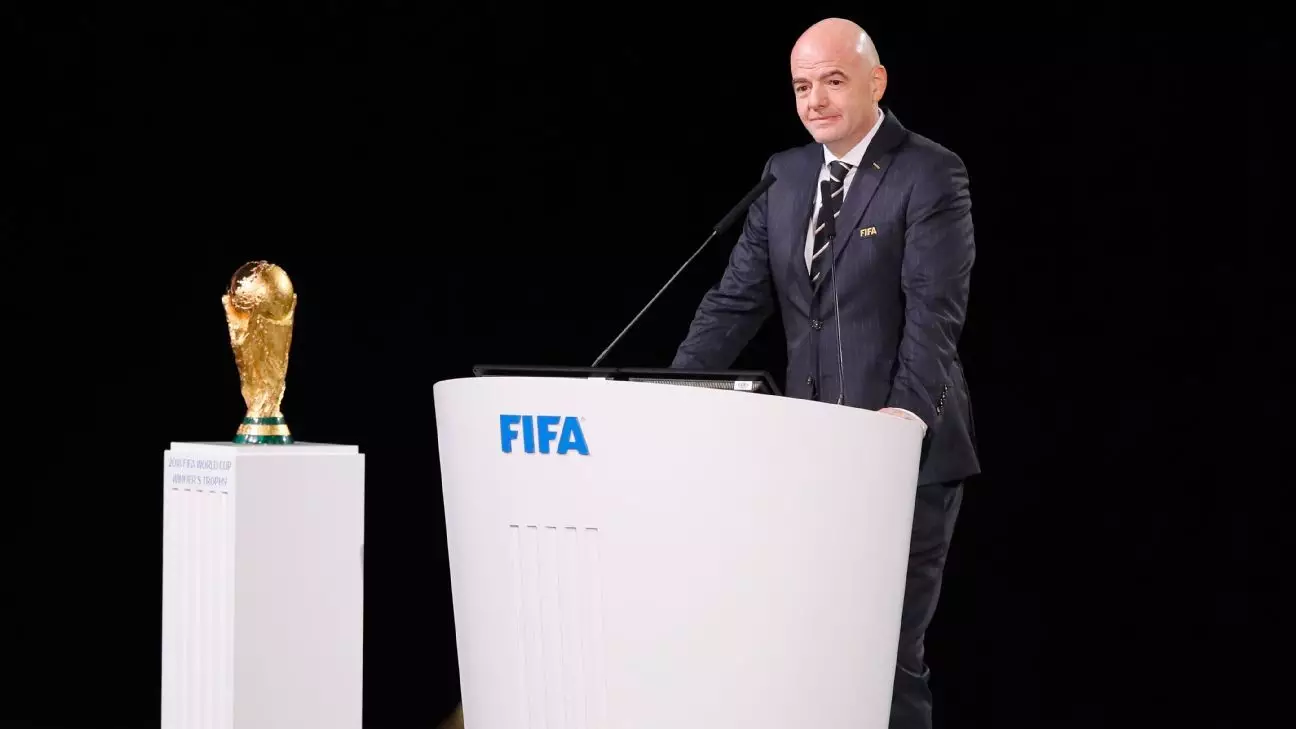FIFA, the world football governing body, is planning to drastically increase the number of its committees and expert panels. This move comes as a reversal of the governance reform that was put in place in 2016 during a period of corruption scandals within the organization. The proposed increase from seven standing committees to 35, with the potential for additional panels to be created by FIFA President Gianni Infantino, has raised concerns about the effectiveness and transparency of the decision-making processes within FIFA.
The Controversial Proposal
The creation of numerous new committees within FIFA has sparked debate over the potential for patronage and favoritism within the organization. By awarding hundreds of committee seats to football officials worldwide, FIFA runs the risk of replicating a system seen during the controversial presidency of Sepp Blatter, who was removed from office due to corruption allegations. This move is in stark contrast to the 2016 governance reform, which aimed to streamline FIFA’s committee structure for increased efficiency and transparency.
The 2015 corruption scandals that rocked FIFA led to a comprehensive review of the organization’s management practices. A review panel chaired by Olympic lawyer François Carrard recommended the termination of most of FIFA’s committees in order to improve efficiency and involve member federations in decision-making processes. These recommendations were adopted in a bid to restore faith in FIFA’s governance following the turbulent period under Blatter’s leadership.
The decision to expand FIFA’s committees raises concerns about the organization’s commitment to transparency and accountability. The proposed new bodies, including an “Anti-Racism and Anti-Discrimination Committee,” appear to be a positive step. However, the broader increase in the number of committees and the potential for Infantino to appoint additional panels raise questions about the motives behind the expansion. Will these committees truly serve the interests of the football community, or will they be used to consolidate power within FIFA?
The ongoing expansion of FIFA’s committees could mark a departure from the principles set forth by the Carrard-led review panel. The decision to increase the number of committees, rather than focus on promoting gender equality and combating discrimination in football, raises concerns about the organization’s priorities. As FIFA prepares to award the hosting rights for the 2030 and 2034 men’s World Cups, the need for a transparent and accountable decision-making process is more important than ever.
FIFA’s plan to create dozens of new committees and expert panels has raised serious questions about the organization’s commitment to governance reform. While the intention behind the expansion may be to increase participation and representation within FIFA, the potential for misuse of these committees for political gain cannot be overlooked. As FIFA moves forward with its decision-making processes, it must prioritize transparency, integrity, and accountability to regain the trust of the football community worldwide.

Leave a Reply